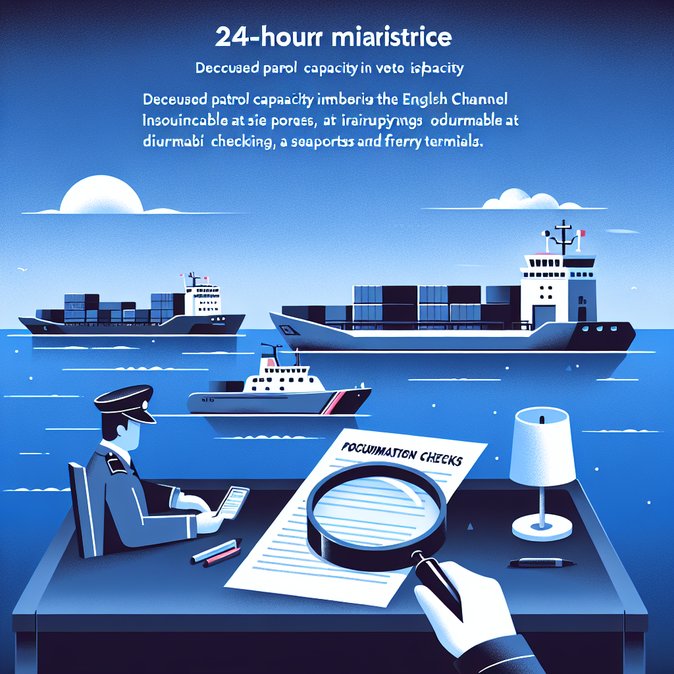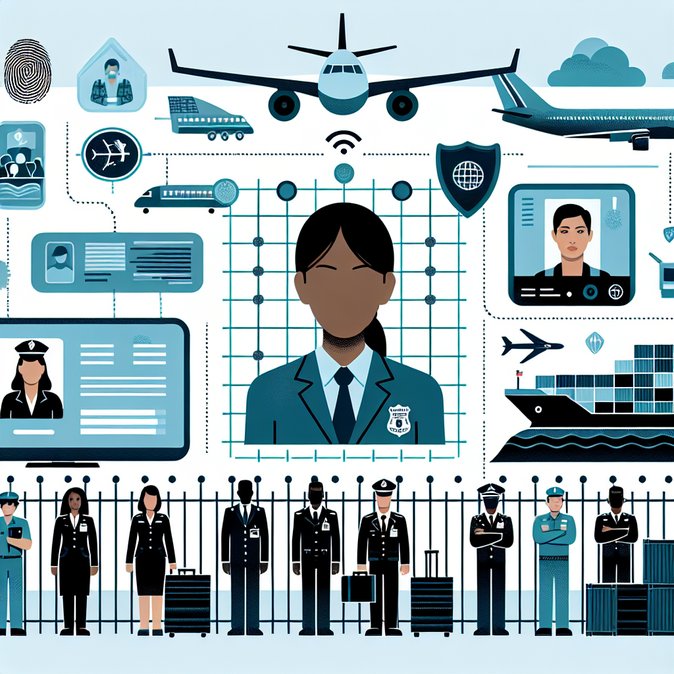
More than 120 Border Force Maritime staff began a 24-hour strike at 07:00 GMT on 14 November after six years of failed talks over pay allowances and rostering. The Public and Commercial Services (PCS) union says members who crew coastal patrol and rapid-intervention cutters in the English Channel have seen allowances frozen since 2017 despite a surge in small-boat rescues and longer deployments.
The walkout affects Dover, Portsmouth and Liverpool maritime bases and could reduce the number of assets available to intercept irregular Channel crossings. The Home Office has drafted in Royal Navy augmentees and private-sector vessels under contingency contracts, but insiders admit coverage will be “thin”.
![Border Force Maritime officers walk out, risking delays to Channel patrols and migrant processing]()
For business travellers and logistics operators, the biggest risk is secondary: a shortage of patrol craft may force the Home Office to divert officers from seaport cargo checks and passenger controls, potentially slowing freight clearance and ferry arrivals. PCS warned it will escalate to a 48-hour stoppage in December if pay proposals do not improve.
Employers with time-critical imports should build extra lead times for at least the next week and monitor Home Office contingency notices. Mobility teams moving staff via Dover–Calais or ferry routes should advise travellers to carry full documentation in case of spot checks or delays on arrival.
The dispute underscores wider industrial tensions across the Home Office, where 68 % of PCS-represented staff recently backed strike action over pay restraint. Whether the government negotiates or legislates tighter minimum-service rules could set the tone for border-workforce relations in 2026.
The walkout affects Dover, Portsmouth and Liverpool maritime bases and could reduce the number of assets available to intercept irregular Channel crossings. The Home Office has drafted in Royal Navy augmentees and private-sector vessels under contingency contracts, but insiders admit coverage will be “thin”.

For business travellers and logistics operators, the biggest risk is secondary: a shortage of patrol craft may force the Home Office to divert officers from seaport cargo checks and passenger controls, potentially slowing freight clearance and ferry arrivals. PCS warned it will escalate to a 48-hour stoppage in December if pay proposals do not improve.
Employers with time-critical imports should build extra lead times for at least the next week and monitor Home Office contingency notices. Mobility teams moving staff via Dover–Calais or ferry routes should advise travellers to carry full documentation in case of spot checks or delays on arrival.
The dispute underscores wider industrial tensions across the Home Office, where 68 % of PCS-represented staff recently backed strike action over pay restraint. Whether the government negotiates or legislates tighter minimum-service rules could set the tone for border-workforce relations in 2026.


